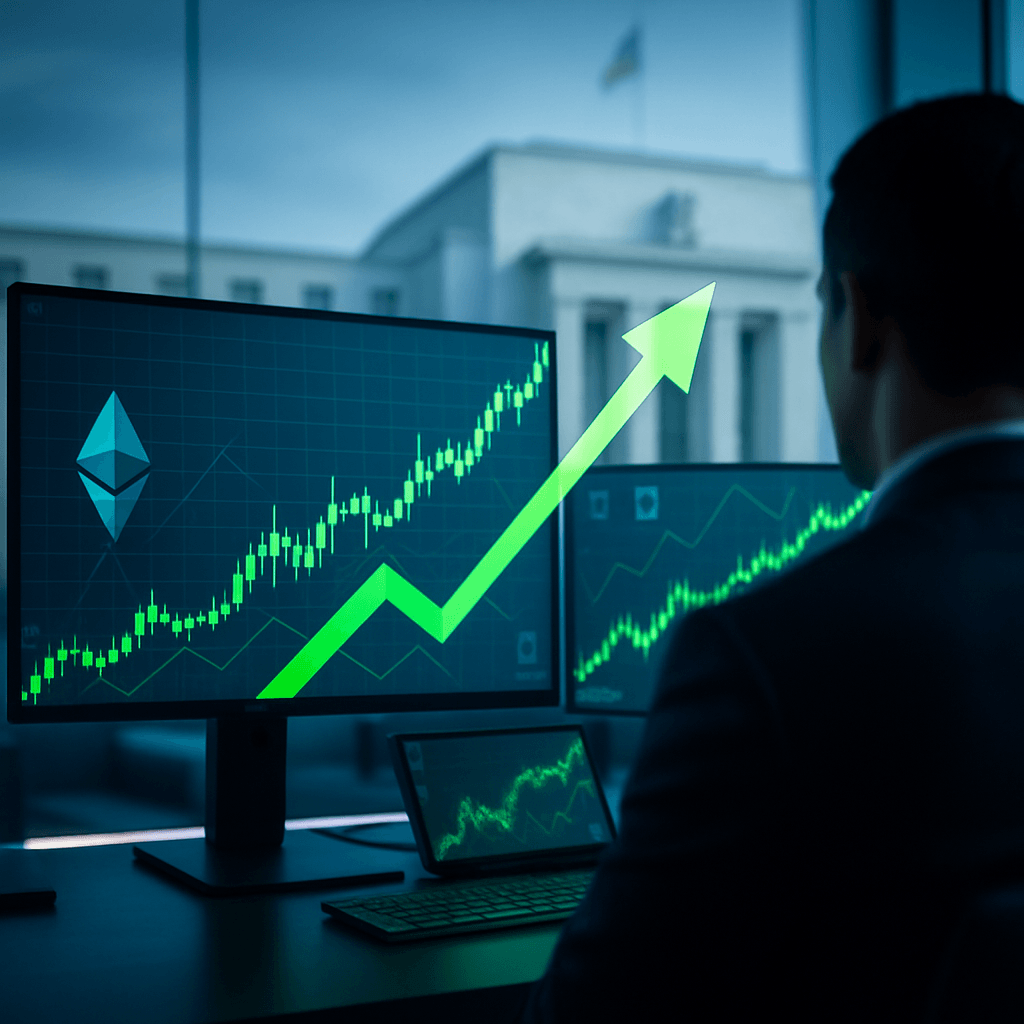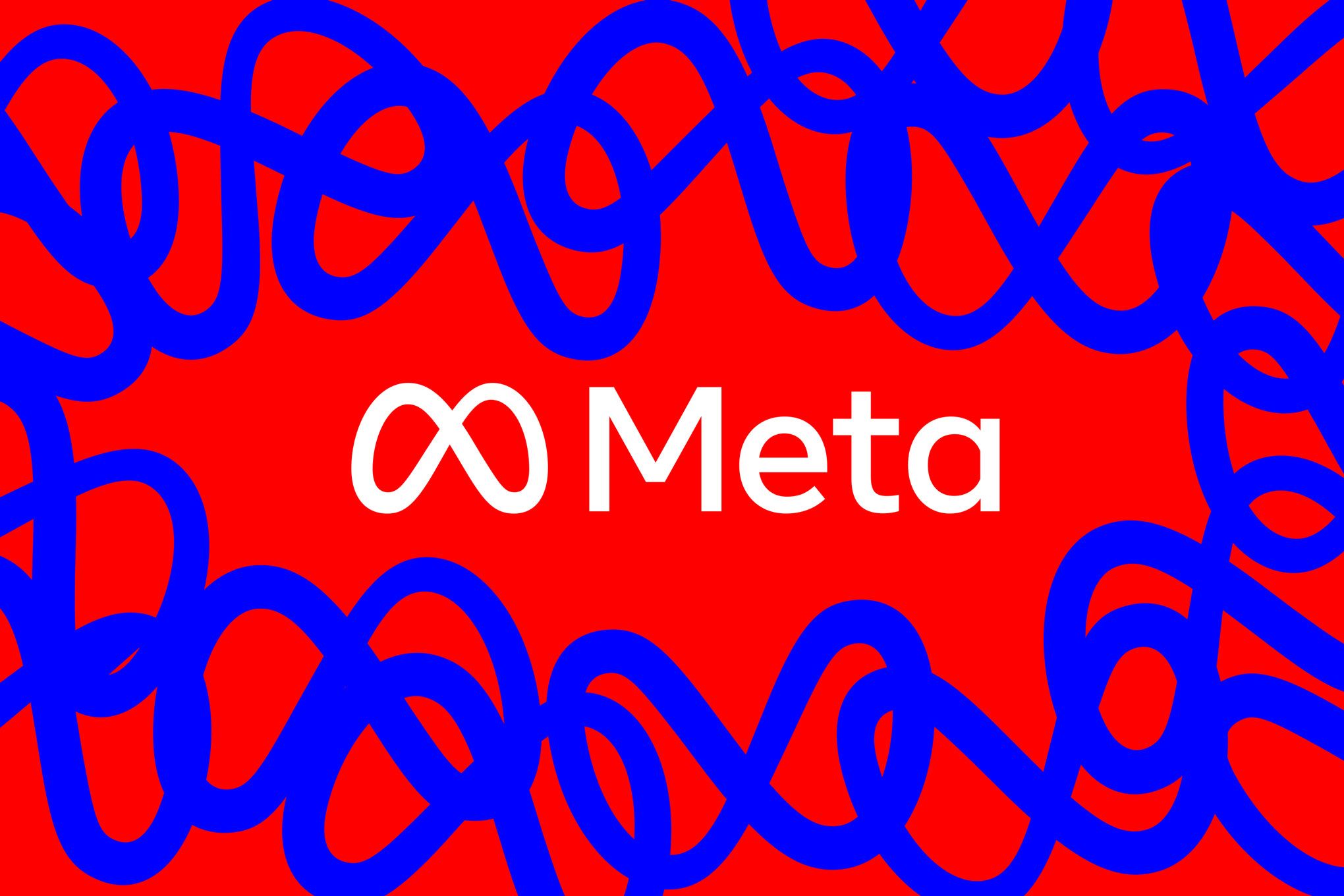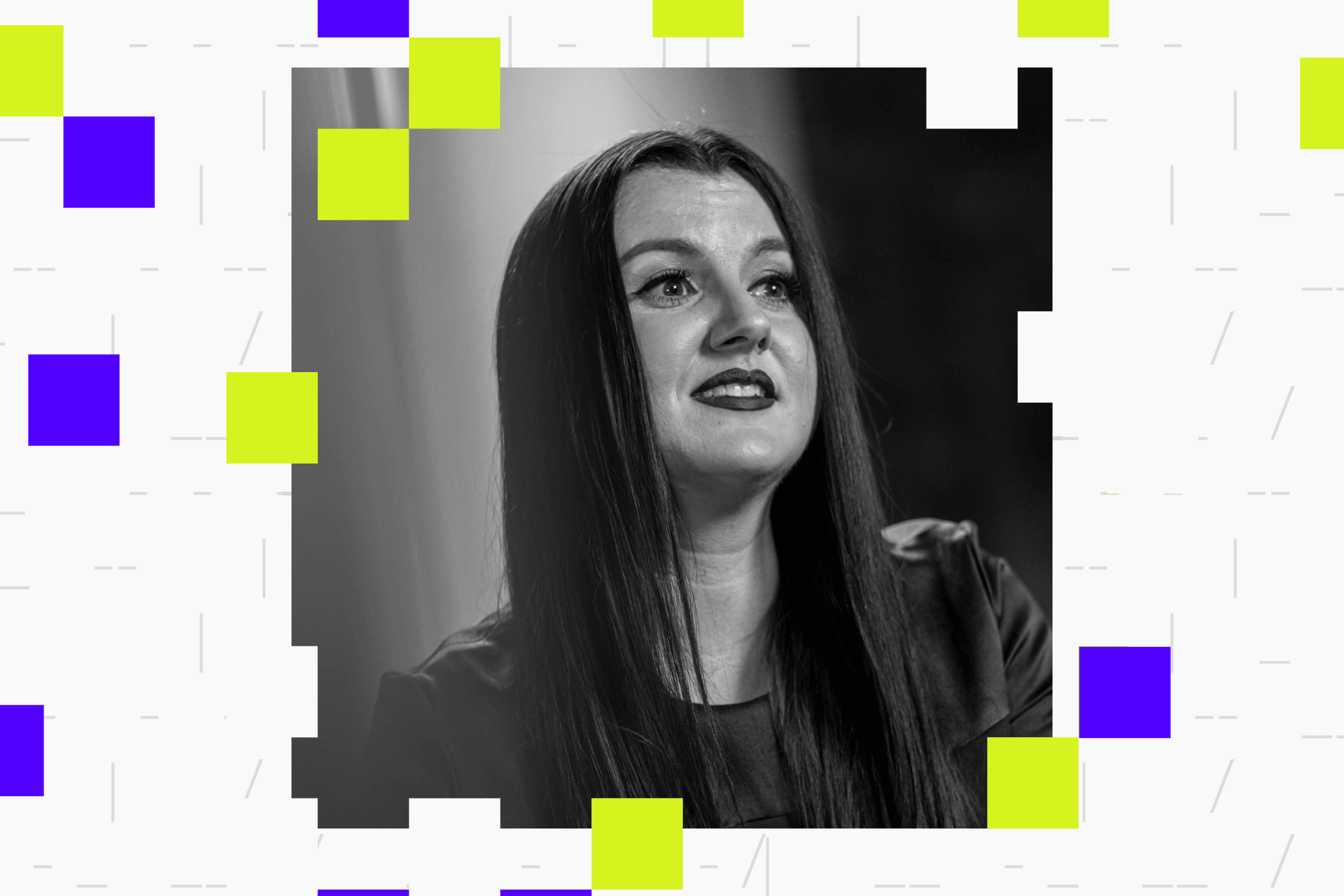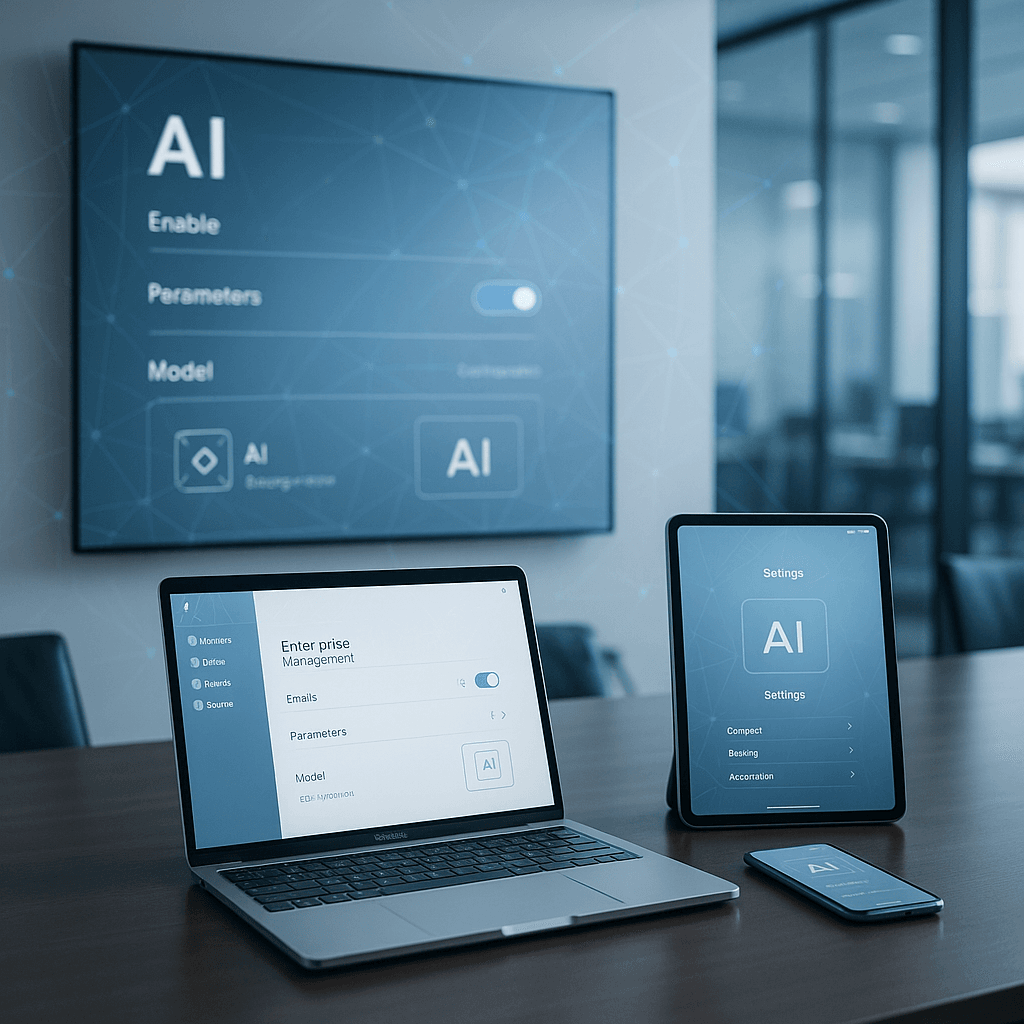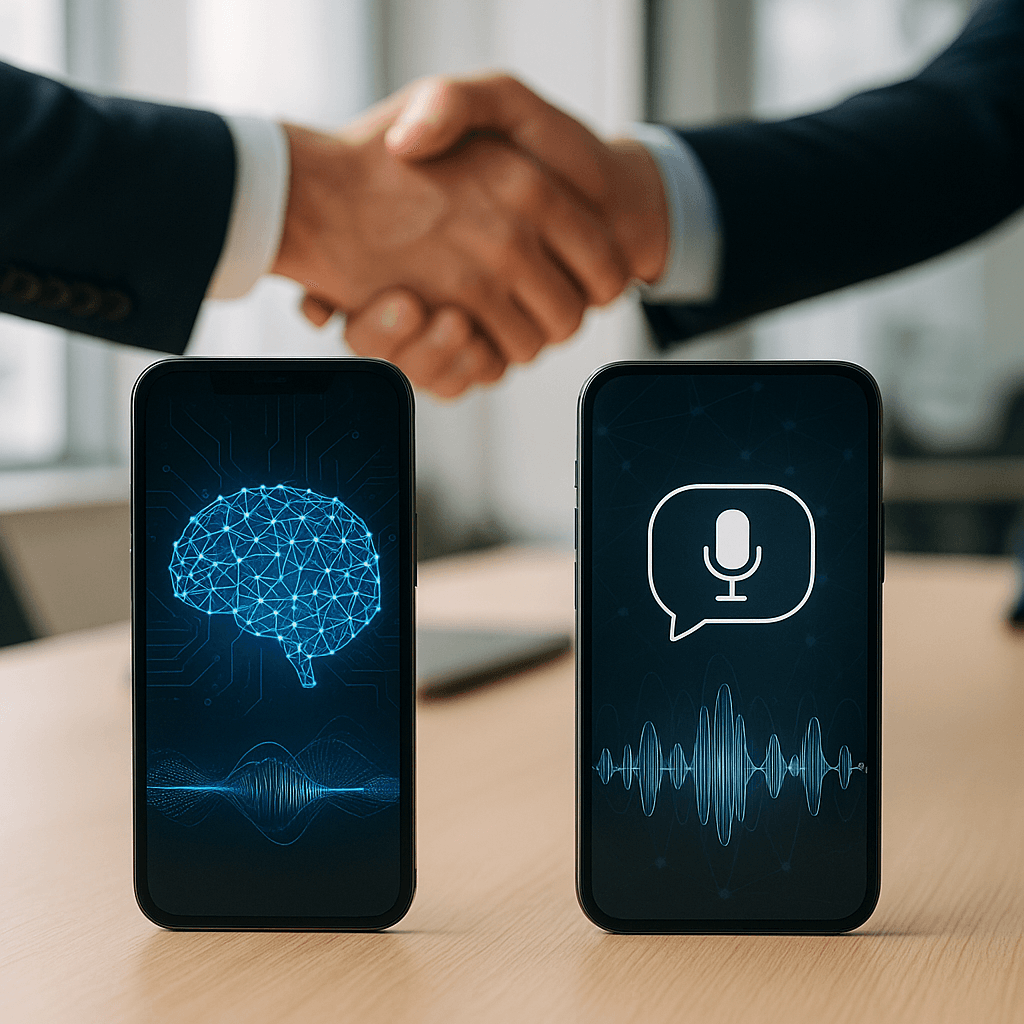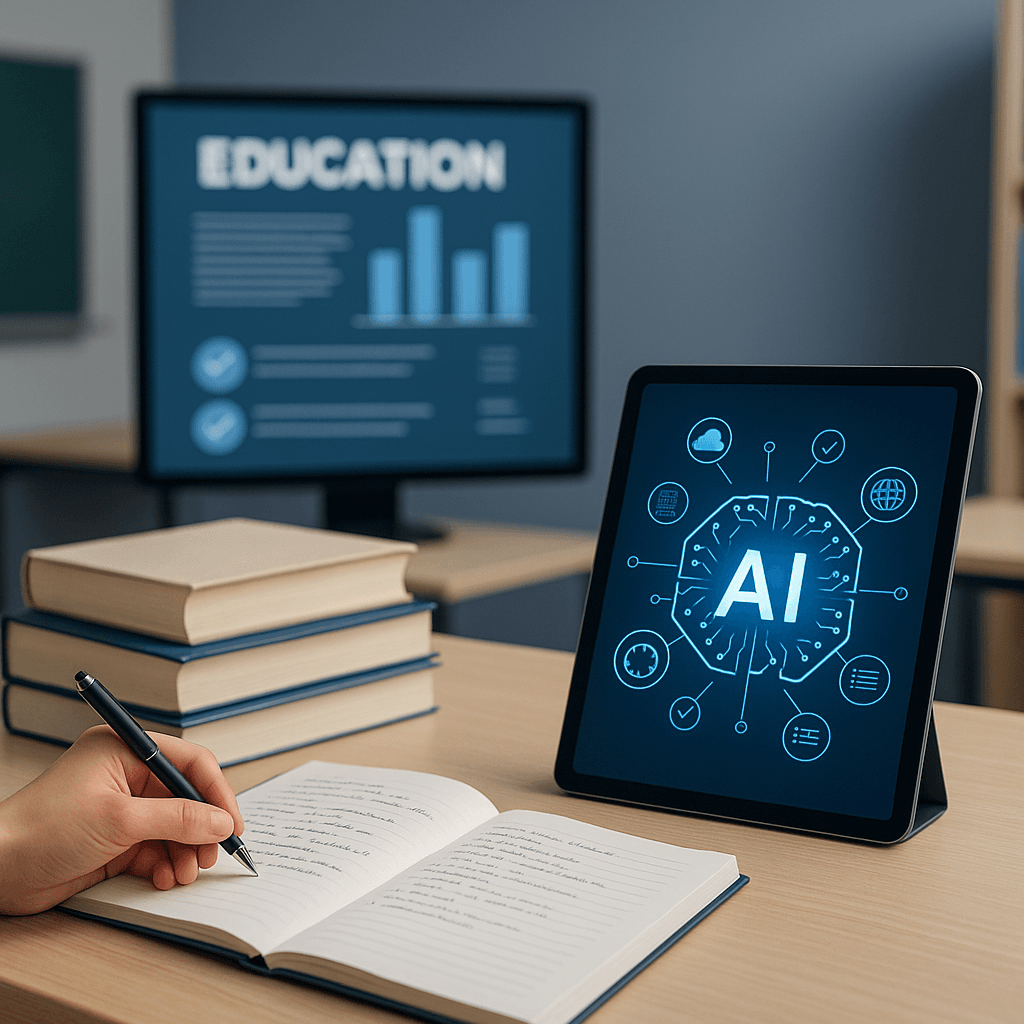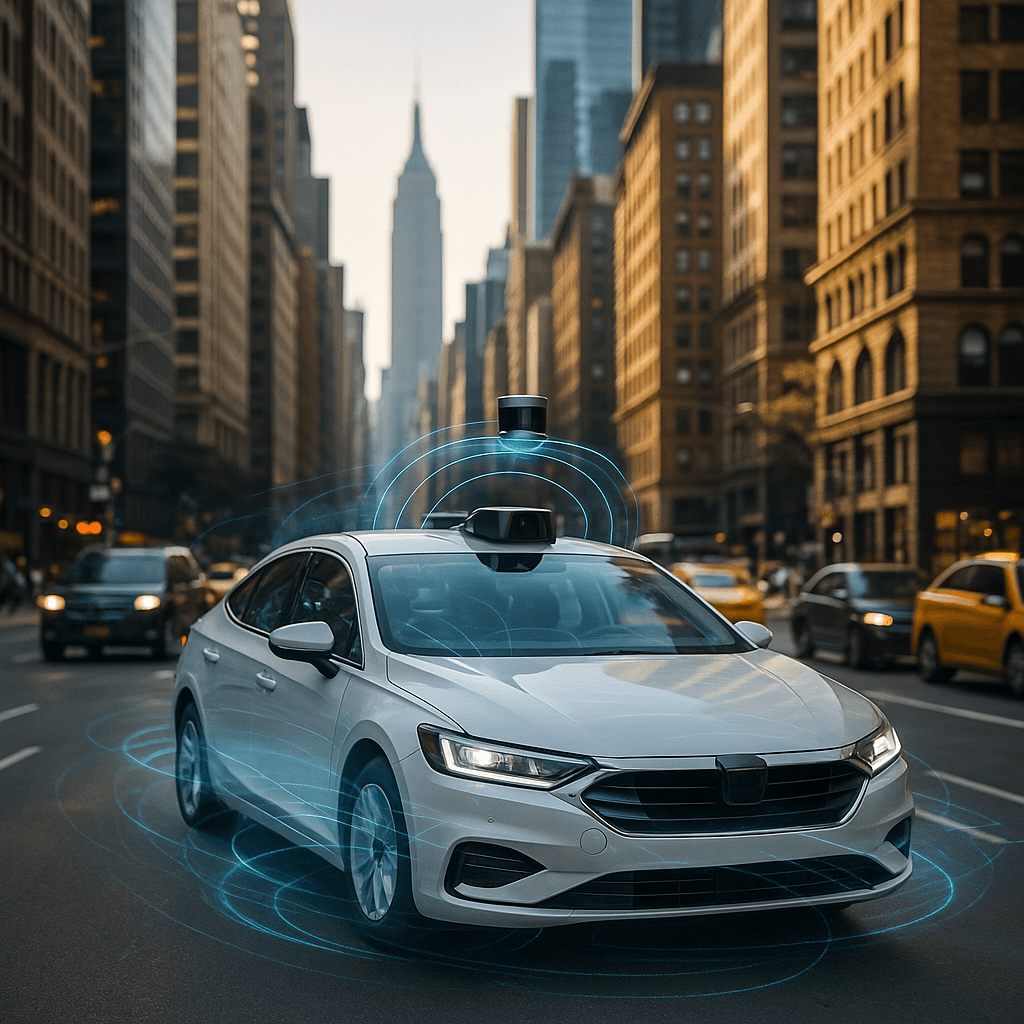Alphabet President Ruth Porat just delivered a watershed moment at Jackson Hole, revealing how AI is fundamentally reshaping global economics. Speaking to central bankers and financial leaders, she outlined AI's potential to drive trillions in economic growth while showcasing Google's breakthrough cybersecurity AI that stopped its first live exploit. The speech signals a pivotal shift from AI skepticism to strategic adoption across financial institutions.
Google just made its biggest economic case for AI yet. Alphabet President Ruth Porat stood before the world's most influential central bankers at Jackson Hole and declared AI the defining economic force of our generation, capable of driving trillions in global growth over the next decade.
The timing couldn't be more critical. While markets have been volatile on AI valuations, Porat delivered hard data showing real-world transformation across industries. She revealed that Google's banking clients are seeing three times more financial crime detection and 60% fewer false positives using AI-powered risk management systems.
"The breakthrough search term in the past few years — one more popular than this conference or even the Federal Reserve — has been AI," Porat told the assembled financial elite, citing Google Trends data that shows public sentiment shifting from fear to opportunity.
The speech marked a watershed moment for enterprise AI adoption. Porat outlined how the Congressional Budget Office projects that if AI boosts productivity growth by just 50 basis points annually, it could bring the long-term debt-to-GDP ratio to "a still-high but more manageable level." That's economic policy gold for central bankers grappling with fiscal sustainability.
But Porat's most compelling evidence came through Google's own breakthroughs. She revealed how AlphaFold — the protein structure prediction system that earned Google DeepMind researchers the Nobel Prize in Chemistry — compressed centuries of scientific work into months. "Until recently, mapping the structure of just a single protein used to take three to four years," she explained. "There are more than 200 million known proteins. At that pace, it would have taken humanity hundreds of thousands of years to map them all."
